March 31, 2021
Her Son Was Diagnosed with Autism at 14 Years Old. Six Months Later, She Was Too.
When Patrina Dixon was growing up, it wasn’t unusual for people to call her “weird”. Her family made jokes that she was “kind of slow” or would yell “take your time, Trina!” But coming up in a Black community almost 40 years ago, no one questioned if her quirks were related to something else; autism spectrum disorder.
Flash forward to the early 2000’s, when Trina had her son, Aiden. Off the bat, she was not the type of parent that thought he displayed any obvious signs of autism at two years old.
“I knew he was obsessed with Thomas the Train,” Trina reflects. “He would have tracks all over the house. Every day, he would get up at 3 am and put his Thomas DVDs in the Xbox by himself. I would think, ‘Wow, look at him go!’”
Besides that, Aiden would keep to himself and ask her questions about the world. He didn’t have many friends and wasn’t too social, but she didn’t think he was anything other than “normal.”
Rising Prevalence of Autism in the White Community
At this time, autism awareness throughout the world was rising, and as a result, so was the national prevalence. When Trina was growing up, it was estimated about 1 in every 2,000 children had ASD. By the time her son was born, that rate would rise to 1 in 110.
But for Black and Hispanic communities in the United States, that number was dragging. In 2006, at the same time 1 in 110 children were being diagnosed, the Centers for Disease Control and Prevention (CDC) found that autism was 1.4x more prevalent in white children than Black, and 1.7x more than Hispanic.
What was causing the disparities? Experts agree on a few things.
First, systemic racism leads to unequal barriers for Black families in the United States. 9.7% of Black Americans didn’t have health insurance in 2018, compared to 5.4% of white Americans.
A 2011 study found that Black and Hispanic communities lacked access to hospitals and other healthcare providers that white communities had. A 2007 study, the same timeframe Trina’s son was born, discovered that Black children were less likely to receive preventive screening and counseling services. Not to mention the unequal rates of mortality in the healthcare system for Black individuals.
Secondly, Black individuals have traditionally been underrepresented in autism research.
“In 2016, Jason Travers and his colleagues analyzed 408 peer-reviewed, published studies of evidence-based autism treatments. Only 73 of them, or 17.9 percent, reported the race, ethnicity, or nationality of participants. Of the nearly 2,500 participants in the 73 studies, fewer than one in five reported their race, and 63.5 percent of those were white,” Catina Burkett reports to Spectrum News.
All of this contributes to a cultural distrust for healthcare providers among the Black community.
“I’m not saying that Black people are scared to talk about [autism], but it’s something that we’re taught to just deal with yourself,” Trina explains. “Don’t go to anybody, don’t trust anybody who’s white. And that’s just because of past experiences.”
Connecting the Dots
The first time Trina started taking a deep dive into autism spectrum disorder came as a result of her job. She became a Mentor and Personal Care Assistant for aging adults and individuals with disabilities in her community. Not too long after, she realized the autistic clients were gravitating towards her, and she was doing the same towards them.
She was noticing traits in herself that were similar to those in her autistic clients, social communication troubles at work, or fixating on new interests.
“That’s another thing I had issues with: communication issues at work. I didn’t know they were communication issues — and this has been going on all my life. Just not looking people in the eye, not laughing at jokes, not reacting. Because in my mind, if I’m at work, I’m there to work. I’m not there to be friends with you. Seems okay to me! But other people didn’t like that. Stuff like that started to affect my advancement at work.”
Other Black adults on the spectrum report similar experiences in the workplace. Catina Burkett writes “as a black woman with autism, I am especially aware that colleagues often see me as an ‘angry black woman,’ even though my thoughts and behaviors are the opposite of this stereotype.”
She explains if she is inflexible, it’s seen as unfriendly. If she is relaxed, it comes off as superior. If she is assertive, it’s seen as aggression.
The term “code-switch,” has come out of this culture where Black women switch their personalities to suit their work environment vs. a more authentic one around friends or family. But for women like Catina or Trina who have autism, this is not always easily accessible.
In Trina’s case, she got tested for autism after a stint with a Starbucks obsession led to her getting in hot water at work.
“I have special interests like anybody else,” Trina starts. “I hadn’t drunk coffee at all until I was 40, I just didn’t want to. Then I discovered Starbucks, and Starbucks is great. I just started drinking it all the time. It got to the point where I couldn’t do anything at work before I had Starbucks.”
“So one day I was training somebody to drive the van with me. I told them to pull over to Starbucks before we headed out, so we did. But when it was time to leave she backed up and hit a car with the company van.”
When they returned to work, everyone asked what happened and Trina responded “I don’t know, I just really wanted Starbucks. They looked at me like I was crazy.”
Her boss, noticing the signs of ASD, recommended she take a few days off and get tested for autism.
Getting A Diagnosis for Her Son
This wasn’t Trina’s first foray into the journey of getting an autism diagnosis. After her son hit puberty, she started noticing fidgeting, stuttering, and stimming characteristics. She brought Aiden to a psychiatrist, who agreed that he displayed signs of ASD. So she wrote him a referral and sent Trina to an autism center in Missouri.
“I turned in the referral and nothing happened, but everyone said there was a long waiting list, so I was patient,” Trina explains.
At the time, she was prepared to wait six months for a diagnosis without stressing out, because she didn’t feel like her son was suffering or lacking quality of life in any way without the diagnosis. But after a year went by, she started calling back. The hospital said they never had a referral from her for her son.
“So I got another referral from the doctor, two years had passed, and the hospital said they still didn’t have it. I asked for a copy of the referral to take there myself and when I looked at it, I saw that it said Katrina, instead of Patrina.”
Trina recalled a back and forth where she had to convince the hospital of her actual name. Afterward, they said the wait would be another year. At this point, three years into the journey, Trina was upset.
“It wasn’t even that they wrote the name down wrong, it was that they didn’t believe that they were wrong. I was stressed out and irritated.”
After a complicated three years, Trina was connected with ECHO Autism. Using their “Find a Provider” page, she found a doctor she didn’t even know existed that could diagnose her child in the Kansas City area.
Notably, Trina trusted and preferred this doctor over her other healthcare providers because she was Egyptian, rather than white.
“I was very happy when I met the person who diagnosed us. She is Egyptian, so we connected over being minorities. I explained to her my journey and she agreed with me. She talked about the different things she’d seen in her practice. I feel like a lot of Black people would probably go to an ethnic practitioner if they had the choice.”
Shortly after, Aiden received his diagnosis at age 14. Trina offered to buy a cake that said “congratulations on your diagnosis!” but he opted for a game instead.
Getting A Diagnosis for Herself
After the Starbucks incident, Trina did take time off and sought out an autism diagnosis of her own. At 42 years old, she was diagnosed with autism.
“I have to say I was more upset about my diagnosis than his. I don’t know why, I didn’t want the label for me. For work purposes, I’d been burned a lot as far as trying to get work accommodations, I never know if I should tell people or not. It’s been a hard road. So in that way, I felt like here it is, I can’t ignore it anymore. I don’t want to be in a position where I don’t tell someone and then I can’t get accommodations. It was just a lot for me,” Trina reflected.
When it came time to tell her family about her and her son’s diagnosis, she remembers being scared.
My whole family knows that I’m autistic. I was scared to tell them too, but they were just like ‘oh, so you’re saying you’re weird?’ and I said ‘no, I have autism,’ and they said ‘okay, you’re weird.”
When she told them her son was diagnosed as well, they responded “that makes sense, he always was smart.”
Using Autism to Connect
While socializing hasn’t always been a top priority or interest for Trina, she says her autism has helped her connect better with those in her life. When it comes to her son, she and he have plenty of inside jokes, and often come from the same point of empathy for work and school-related issues.
At work, Trina now serves as a Community Health Provider where she helps plenty of others on the autism spectrum. While at first, she wasn’t sure if she should tell her peers about her diagnosis, she now says she uses it as a tool to connect with her clients and to show that they too can be successful.
“This happened to me, my son is thriving. I’m thriving. I made it through. I think black and brown families need to see examples of themselves, as opposed to seeing people who are white all the time,” Trina says.
ECHO Autism is a community of autism experts dedicated to bringing high-quality specialty care to local communities through telehealth. Through guidance, knowledge, and training, ECHO Autism is helping providers all over the world learn more about autism spectrum disorder by connecting specialist teams with local care to benefit and empower autistic people and their advocates.
ECHO Autism partnered with Autism Speaks to offer a wide variety of free, evidence-based resources that can be shared with patients to help them navigate an autism diagnosis. This includes the “100 Day Kit for Newly Diagnosed Families,” “First Concern to Action Tool Kit,” and the “Transition to Adulthood Tool Kit.”Join our community of providers today! You’re invited to our 2021 Symposium where we will address many important topics for healthcare providers, family advocates, and autistic people.
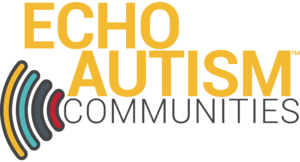


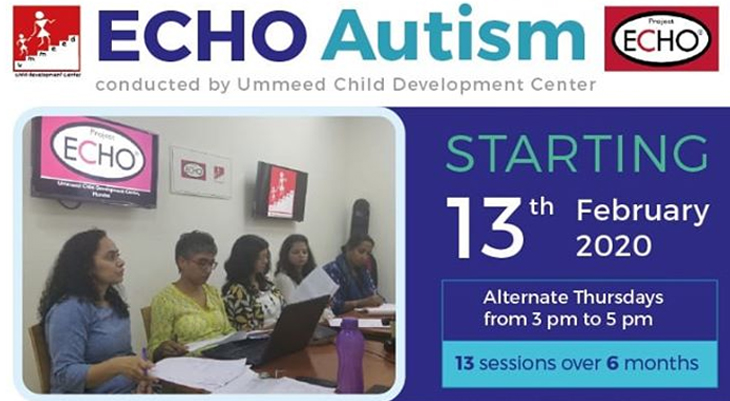





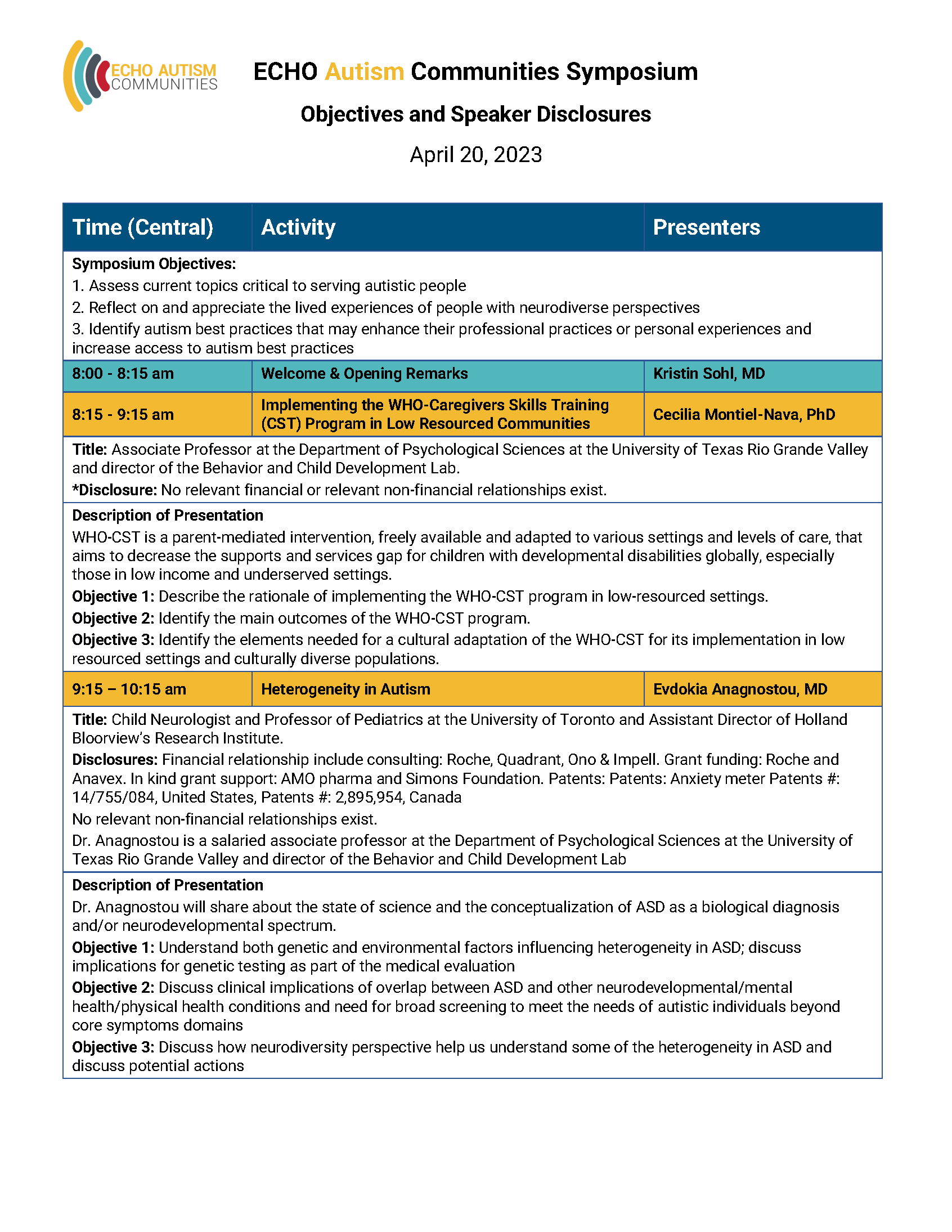
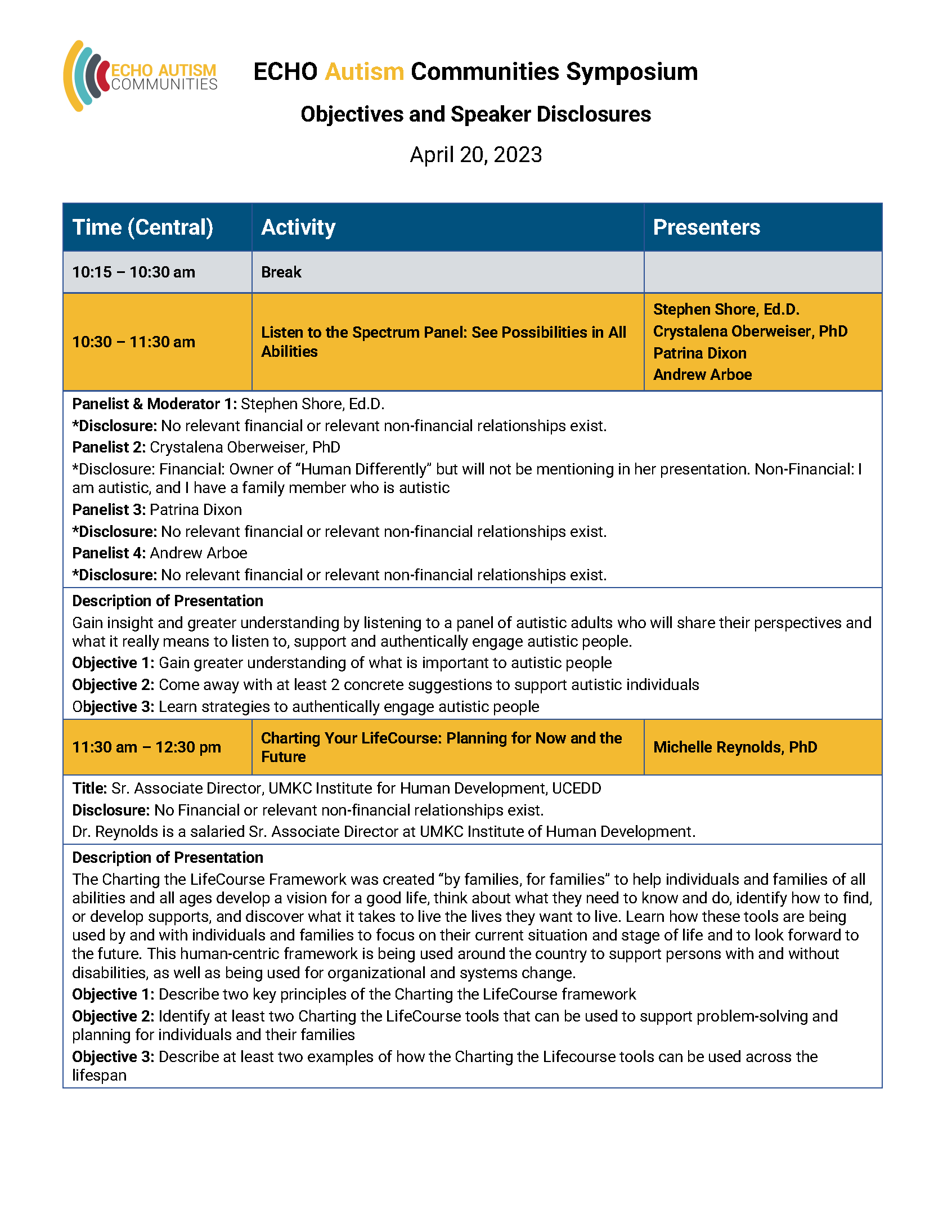
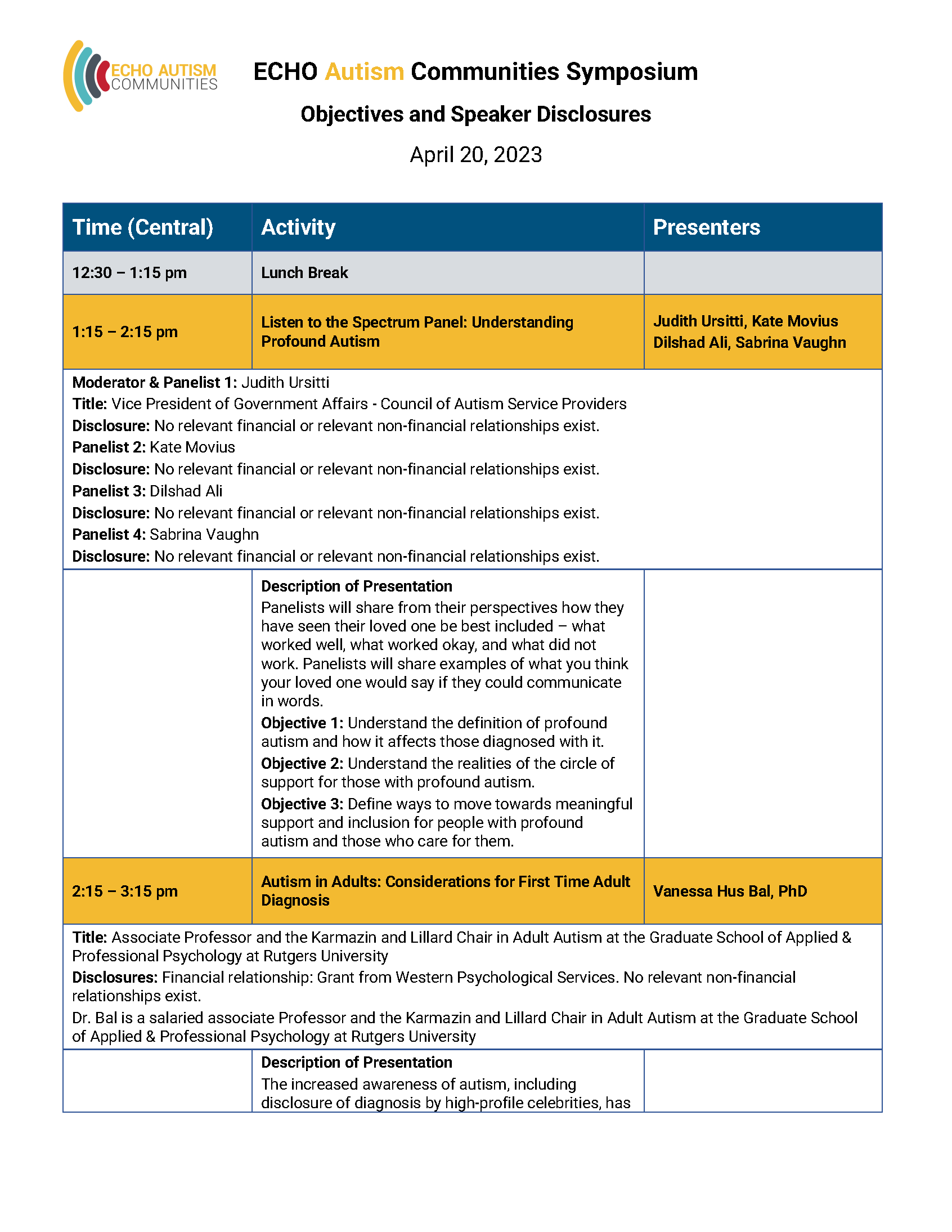
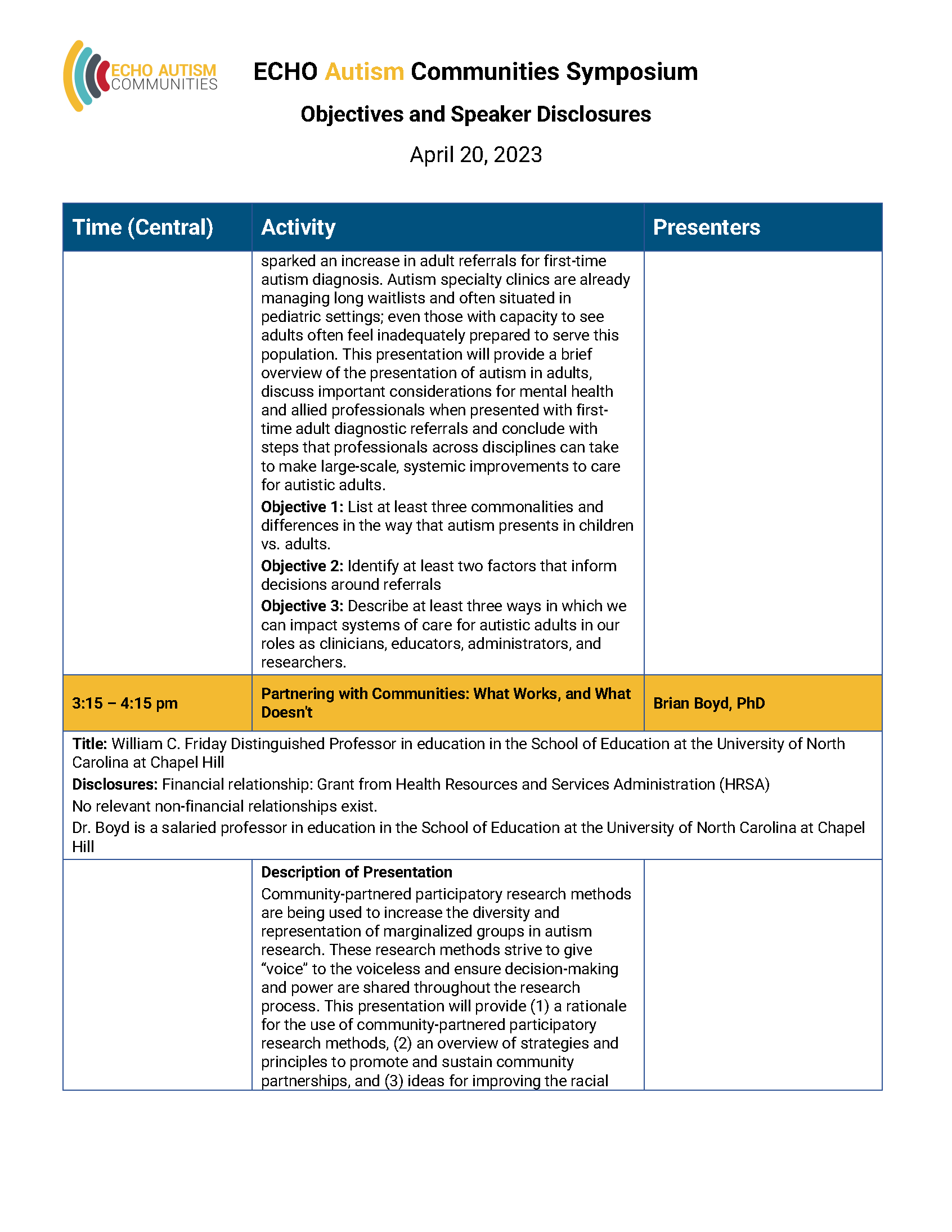
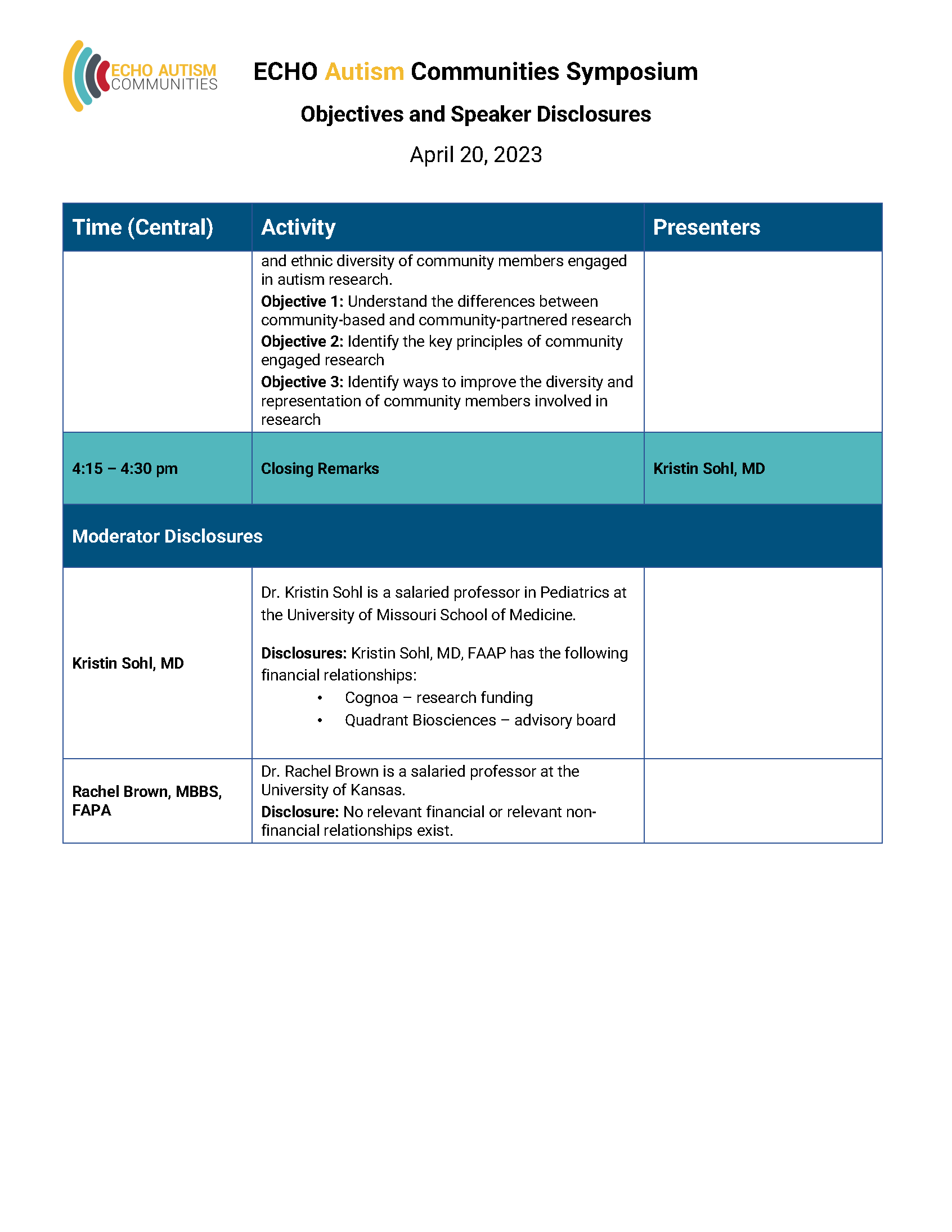
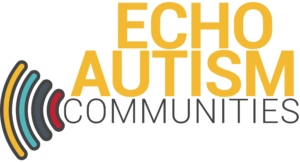












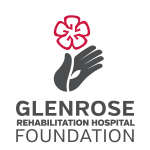

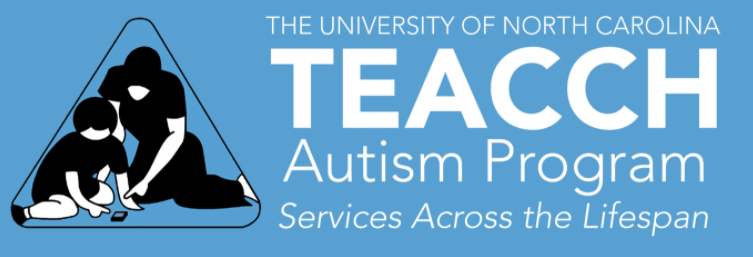






5 Comments
Ryan
Awesome article!
Teresa King
Thank you for this story!
Marty Erickson
Patrina comes across as a survivor in unreal circumstances. This window into a scarcely known area was so welcome. Patrina’s transparency resonated with me on several levels. Thank you, Patrina for this timely insight.
Kelley
This is a great story & experience. Thank you for sharing this Trina. It’s eye opening on many levels.